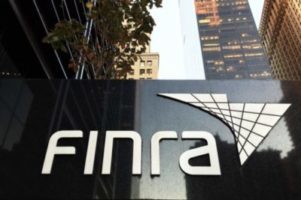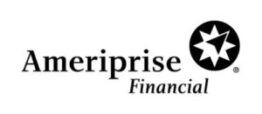
Chelsea Financial Services a securities broker dealer headquartered in Staten Island New York, and Christopher Vetrano (a stockbroker and supervisor employed by Chelsea Financial Services), have been censured by Financial Industry Regulatory Authority (FINRA) based upon findings that (1) Chelsea Financial neglected to create and implement an adequate supervision system to protect against unsuitable and excessive trading and (2) the securities broker dealer and Verano neglected to supervise a stockbroker who executed excessive and unsuitable trades in customer accounts. Letter of Acceptance Waiver and Consent No. 2018059111001 (Dec. 4, 2019).
According to the AWC, Chelsea Financial maintained contradictory and nonsensical guidelines on how excessive trading was determined. The AWC stated that the securities broker dealer’s policies referred to COA (costs over assets) as an indicator of excessive trading but neglected to define what costs or assets were for purposes of its policy. Chelsea Financial used written procedures which provided no guidance for supervisory personnel in assessing or monitoring excessive trading.
In addition, the AWC stated that Chelsea Financial neglected to create and implement an adequate supervision system with a view towards complying with FINRA suitability rules specifically relating to excessive trading. The securities dealer depended on a manual review of a trade blotter in addition to an automated exception report which flagged accounts containing ten or more trades within a monthly period. These tools failed to be referenced within any of Chelsea Financial’s written procedures, and there was no guidance to aid supervisors in properly using the tools.
FINRA indicated that the daily trade blotter and exception reports which Vetrano reviewed failed to contain any indications or red flags for excessive trading as those tools did not take into account cost-to-equity ratios or turnover rates. The AWC also stated that insufficient measures were taken by Vetrano in response to red flags. FINRA noted that in some cases, customers were provided with an Active Account Letter, but this letter failed to detail the volume of trades or commissions charged to customers for trading. Another measure Vetrano took consisted of limiting the commissions per transaction but this was inadequate since stockbrokers could increase trading to circumvent the limitation. FINRA determined that Chelsea Financial’s failure to supervise in this regard was violative of FINRA Rules 2010 and 3110.
In addition, the AWC stated that Vetrano and Chelsea Financial Services failed to supervise stockbroker CB, who effected excessive trades in a customer’s account. The AWC stated that Vetrano discovered red flags pertaining to CB’s recommendations which consisted of excessive and unsuitable trades in at least three customers’ accounts. Those red flags were never addressed by Vetrano. FINRA stated that the customers’ cost-to-equity ratios ranged from eight percent to more than two hundred six percent; and annual turnover rates ranged from thirty-nine to forty-three. The Active Account Letters Vetrano sent to those customers failed to detail the extent of excessive trading or the commissions for trades. Also, CB executed trades at a higher level after Vetrano applied a commission cap causing the customers’ cost-to-equity ratio to increase from thirty-four percent to ninety-one percent.
The AWC stated that the excessive and unsuitable trades recommended by CB caused customers to sustain losses $34,415.00 in losses while customers had to hand over commissions of $68,899.00. FINRA found Vetrano and Chelsea Financial’s activities in this respect to be violative of FINRA Rules 2010 and 3110. Vetrano was fined $10,000.00 and suspended for three months from associating with any FINRA member in any capacity.








